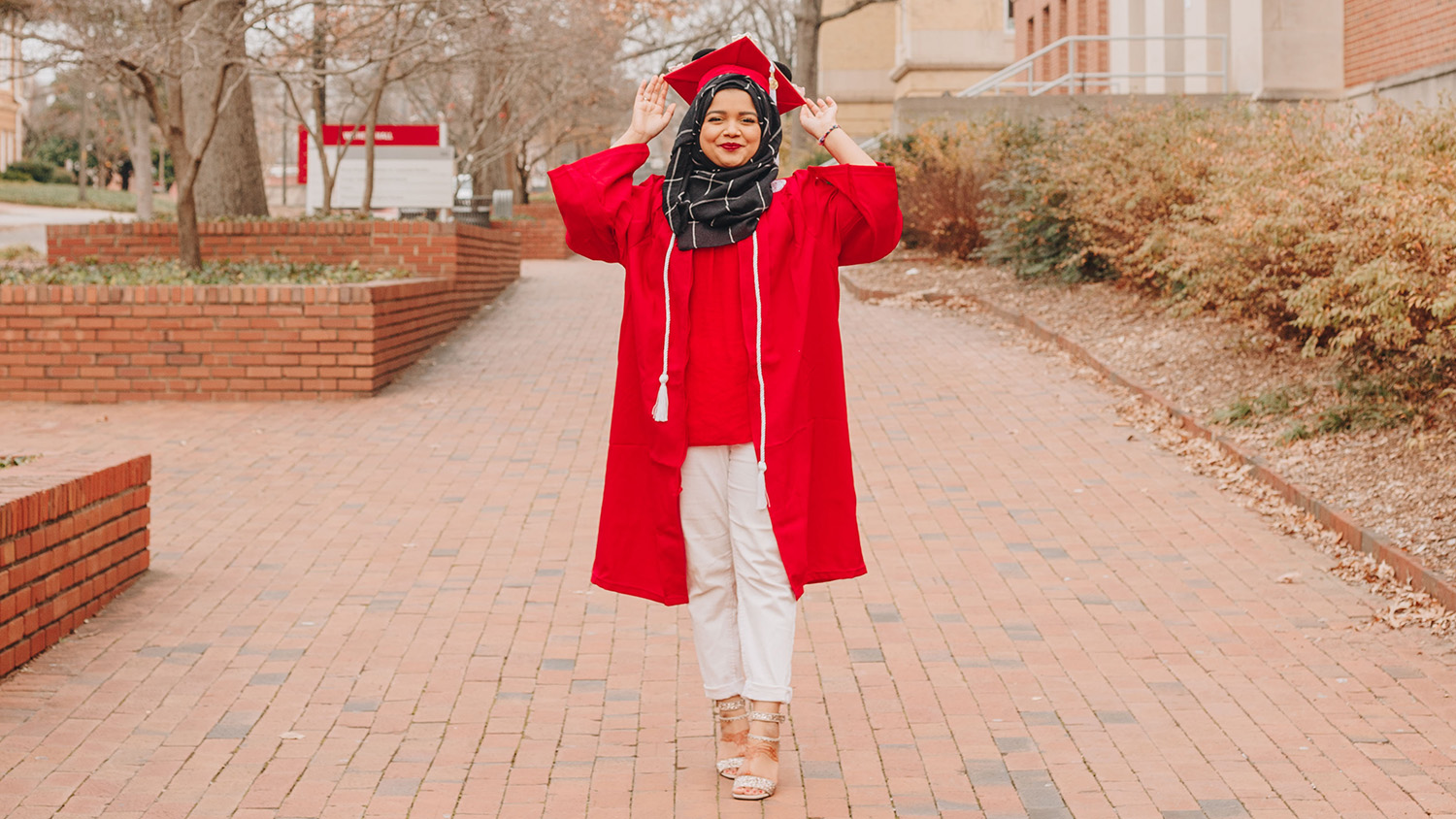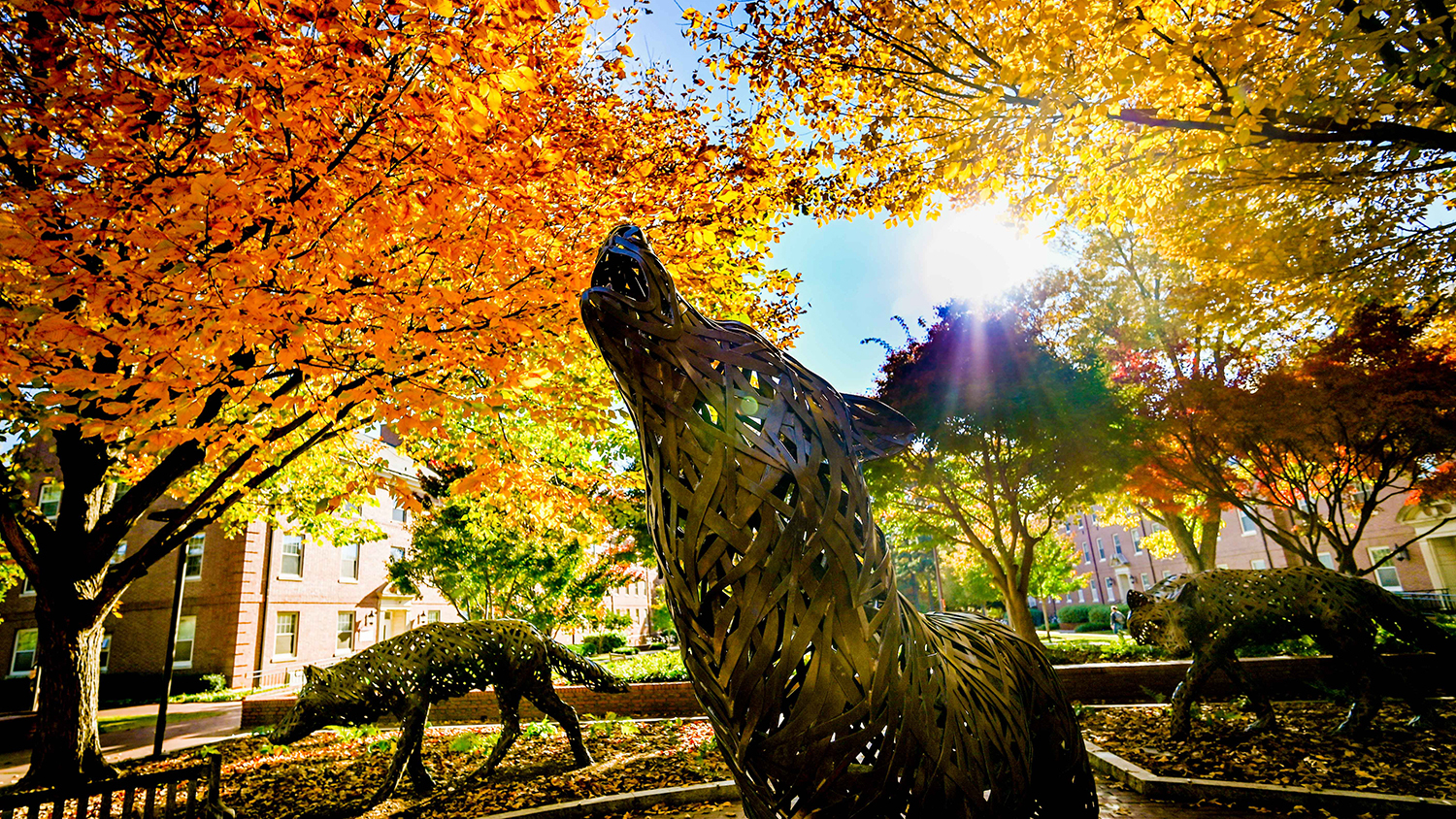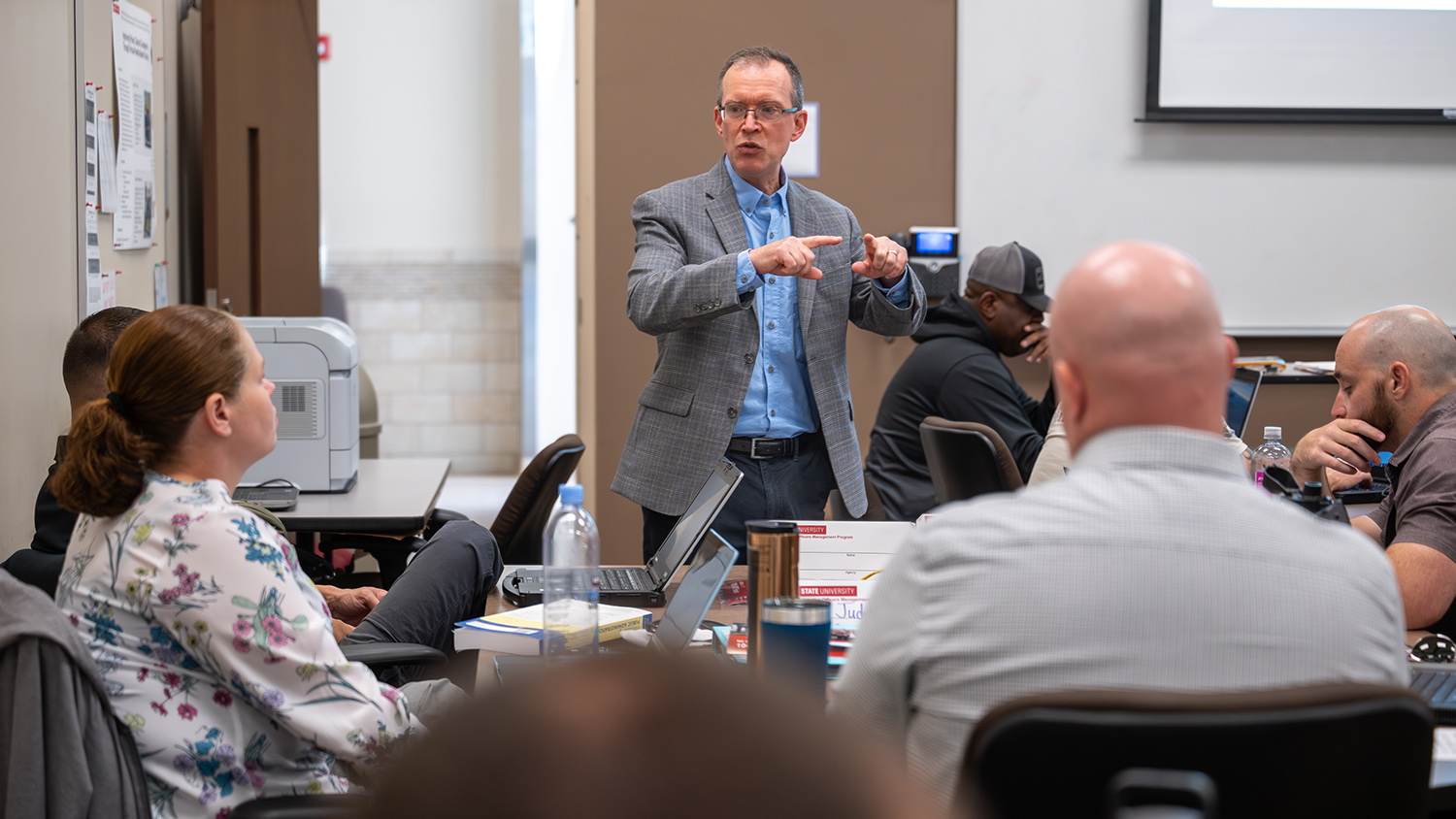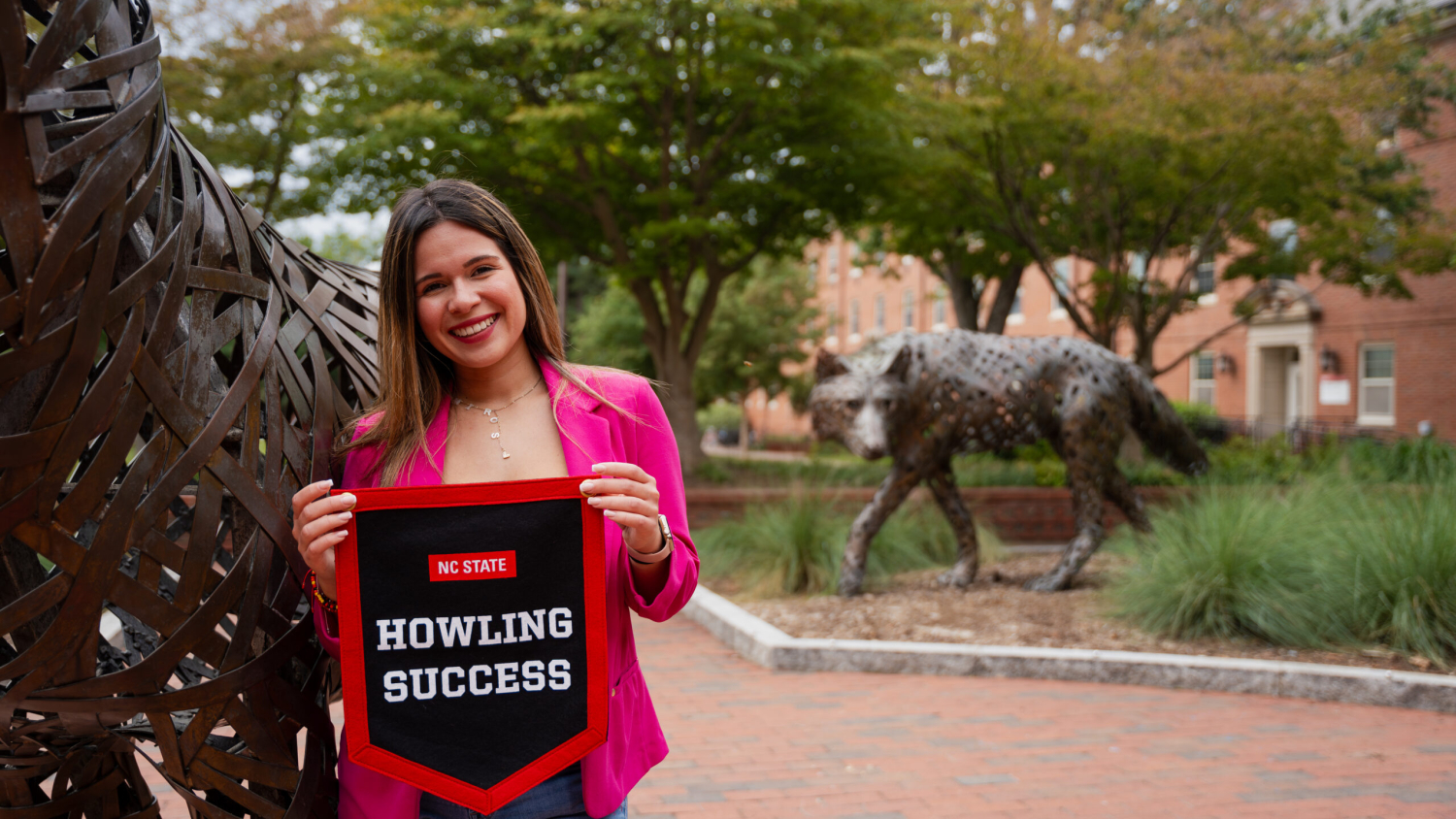Global Storyteller: Sinthia Shabnam

NC State’s Office of Global Engagement recently caught up with Sinthia Shabnam, a junior double-majoring in sociology and political science. Learn more about Shabnam’s experiences traveling abroad.
Have you traveled in your life?
I have traveled to Bangladesh four times throughout my life.
Did you find anything difficult before or after traveling abroad? What was it?
I was born and raised here in the States. I experienced a culture shock, because it was not what I had expected of my ethnic or cultural background in terms of the lifestyle. Some common practices, traditions, and even just common expectations and norms made it really challenging for me. It put me in a bit of an identity crisis, because this is who I am, but I don’t feel like this is who I am. It was particularly a culture shock for me when I visited when I was 18, because that was when I had a little bit more of an understanding of myself and had developed my personality more to know what my morals and values were.
The biggest thing that it taught me was that I identify with my religious and American identity more than I do my ethnic one. I think culture is more than just the food you eat and the clothes you wear and how you celebrate. It’s the norms you know, the values you share, and even the confidence you’re allowed to have, who you’re allowed to talk to, and the lifestyle you live. These are the factors of culture we don’t talk about as much, because they’re not fun.
What has been the best part of your international experience?
Going back to Bangladesh was the first time I got to be in a place where everyone looked like me, and that was really amazing to feel a sense of belonging. I feel that those were my people. I didn’t feel different there, because I looked and dressed like everyone. It was nice to be in a place like that.
What is your best memory when traveling abroad?
The airports! It sounds silly, but I think they are very romantic, because it’s the only place where people from all different nationalities and all colors don’t belong there; they all going or coming back from somewhere, and no one owns the place. I feel like it’s the one place everyone is human. Everyone is carrying their own story with them, and that is pretty amazing.
What was the hardest part about traveling?
Getting used to being stuck in a place you don’t belong. For me, being raised in one culture and having a different ethnic background has always been a dichotomy for me. In Bangladesh I’m not Bengali enough, and in America I’m not American enough. It’s a unique experience. A specific difficulty in Bangladesh was that mosques are not accommodating for women, so during Ramadan I was not able to go to the mosques. I felt spiritually depleted and limited in my gender for the first time ever.
What are your plans right now for the future?
I want to be a congresswoman one day. I want to be a part of increasing diversity in fields where there is not much diversity. But more than that, a big objective of mine is to not have my future accomplishments be associated with just that fact that I’m brown, or Muslim, or Bengali, because now that is a media factor to sell people. I want it to be clear that I’m involved because I’m interested in political issues in general, not just Muslims or immigrants.
What are you most proud of today?
I am proud of my ability to see the worth and uniqueness in everyone, no matter how different they are from me. I’m proud of my ability to make anyone feel special.
- Categories:


